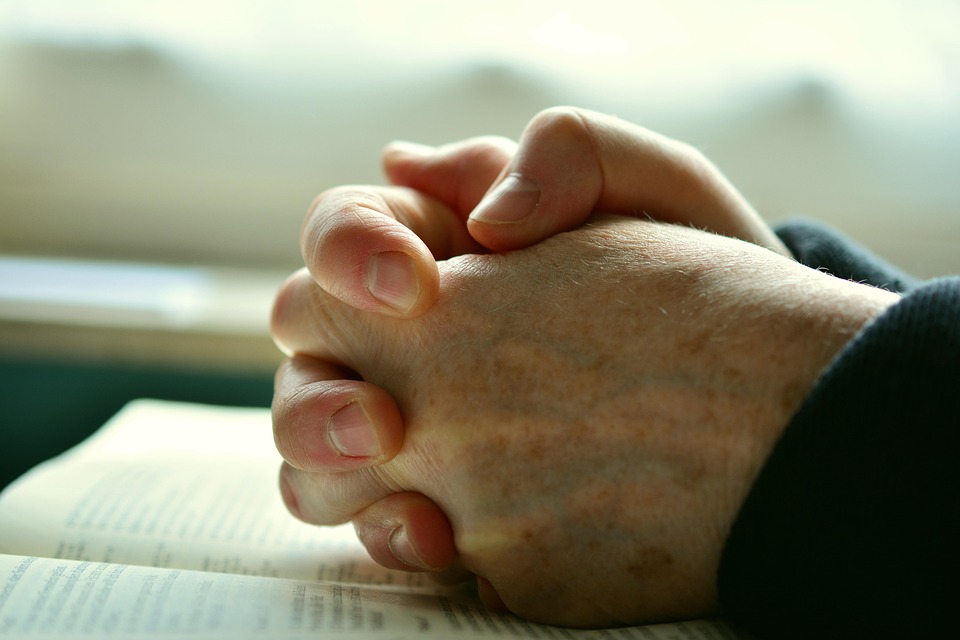In a world besieged by turmoil, strife, and division, the concept of prayer emerges as a balm for collective angst. Prayer for world peace and unity has transcended cultural and religious boundaries. Within the Christian tradition, it assumes a particularly poignant significance, elucidating the essence of an overarching spiritual communion that seeks to not only fortify individual faith but also champion a profound, collective aspiration for harmony across nations. This article explores the sanctity of prayer in troubled times, unearthing its potential to illuminate the path toward peace and unity through scriptural wisdom and practical application.
As we embark on this journey, it is imperative to acknowledge the ubiquitous human condition—an inclination towards conflict, division, and discord. The myriad sociopolitical crises arise from deeper underlying anxieties, often rooted in fear, misunderstanding, and the juxtaposition of differing ideologies. Thus, the act of prayer serves as an antidote—a means of confronting these realities not with hostility, but with the grace of supplication. In this light, prayer is not merely a request for divine intervention but an affirmation of trust in a higher power that transcends human limitations.
The Bible offers myriad verses that accentuate the significance of prayer in promoting peace and unity. Philippians 4:6-7 implores believers to present their requests to God, reassuring them that the peace of God, which surpasses all understanding, will guard their hearts and minds. This scripture serves as a reminder that in surrendering our anxieties through prayer, we create a conduit for divine tranquility—a tranquility that radiates beyond the individual to encompass communities, nations, and ultimately, the entire world.
Yet, the essence of prayer for unity extends beyond personal solace. It invites Christians to engage in an active role towards fostering communal ties that bind humanity. 1 Thessalonians 5:16-18 encourages believers to pray continually, as an expression of an unwavering commitment to the well-being of others. Such prayers can galvanize communities, fostering an ethos of togetherness and understanding, which is particularly crucial in times of conflict. This active engagement requires Christians to not only pray for peace but to become instruments of peace in their surroundings—offering forgiveness, understanding, and compassion where division once thrived.
Moreover, the act of prayer serves as a unifying force, drawing diverse groups into a common purpose. When individuals of varying backgrounds and beliefs come together to pray for peace, they transcend their differences, tapping into a profound shared humanity. This is particularly evident in interfaith dialogues, where prayer becomes a bridge connecting disparate communities. Such united prayers, aimed at world peace, resonate deeply with God’s intention for humanity, as articulated in Matthew 5:9: “Blessed are the peacemakers, for they will be called children of God.”
In addressing these aspirations, it is essential to consider both the immediate and the reverberative impacts of collective prayers. Local congregations are often the first to respond to global crises, mobilizing prayer vigils, communal worship events, and outreach programs aimed at healing the wounds of the world. These grassroots initiatives emerge from a Christian imperative to be “salt and light” in the world (Matthew 5:13-16). As believers gather to beseech God for peace, they not only intercede on behalf of the world but also manifest that peace through their actions—creating environments conducive to dialogue and reconciliation.
As global citizens, it is pertinent to hold onto the transformative nature of prayer; understanding each word uttered carries weight, influences the spiritual landscape, and fosters hope. Encouragement from Jeremiah 29:7 challenges the faithful to seek the peace and prosperity of the city in which they reside, reminding us that our prayers extend beyond personal desires, encompassing broader societal well-being. Thus, prayers can become the mantle under which individuals and communities unite in pursuit of peace and reconciliation.
However, the path to unity through prayer is laden with challenges. Distrust, historical grievances, and socio-political contexts often obscure the collective quest for peace. Herein lies the true test of faith: to persist in prayer even amid adversities. Romans 12:12 exhorts believers to “be joyful in hope, patient in affliction, faithful in prayer.” This perseverance in prayer manifests a resilient spirit, allowing Christians to remain resolute allies in the pursuit of unity. When collective prayer persists through trials, the hope it encapsulates can inspire tangible change in the world.
Ultimately, prayer for world peace and unity embodies a sacred duality—it is both a personal appeal to the Divine and a communal supplication that bypasses denominational barriers. Embracing this duality allows Christians to recognize not just their role in global peace initiatives but also the eternal significance of battling darkness with light. The words spoken in prayer echo in the halls of hope, resonating with the belief that unity, much like peace, is not a distant dream but a reality achievable through collective faith and commitment.
As the world spirals into uncertainty, let us fervently unite in prayer, cultivating a spirit of cooperation, understanding, and compassion. May our prayers translate into actions of peace, guiding us towards an enriched world, where unity reigns supreme and every heart beats in harmony—not just for our own sake, but for the sake of all humanity. A prayer for world peace and unity is not merely an invocation; it is the seed from which a garden of hope can bloom.



